Video MGMT System
 Access Control
Access Control
Voice & Data Wiring
 Burglar Alarm
Burglar Alarm
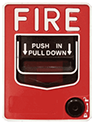 Fire Alarm
Fire Alarm
Video MGMT System
Voice & Data Wiring
THOUGHT CENTER > Blog > Security Cameras
August 20, 2023
Too busy to read? Here’s a summary:
Advancements in technology over the past decade have led to significant improvements in the field of security cameras. We now have access to high-definition (HD) cameras capable of delivering detailed and clear footage, enhancing the ability of these cameras to protect homes, businesses, and institutions.
Two of the most popular resolutions for security cameras in today's market are 720p and 1080p. But which one is right for you?
This blog post aims to explain what 720p vs. 1080p means and then provides a comprehensive comparison of these two types of security cameras to help you make an informed decision.
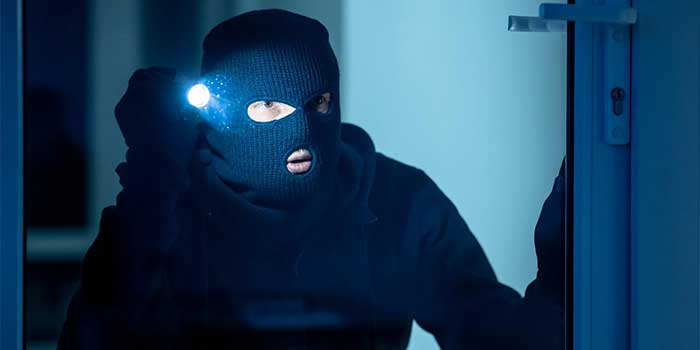
Before delving into the comparison, it's crucial to understand what is meant by 720p and 1080p. In essence, these numbers refer to the vertical resolution of the camera or the number of pixels in the vertical line of an image.
The "p" stands for "progressive scanning," which means the image is not interlaced. Progressive scanning produces smoother, cleaner images.
A 720p camera has a resolution of 1280x720 pixels, while a 1080p camera has a resolution of 1920x1080 pixels.
Image quality is, without a doubt, one of the most critical aspects to consider when purchasing a security camera. The higher the resolution, the clearer and more detailed the image.
A 1080p camera, with its higher pixel count, will deliver a sharper image compared to a 720p camera. This superior image quality can make a significant difference when you need to identify faces, license plates, or other specific details.
However, it's important to note that while a 1080p camera provides better image quality, the human eye may not always perceive this difference, especially on smaller screens.
So, if you're monitoring your security feed on a smartphone or small monitor, the distinction between 720p and 1080p might be less noticeable.
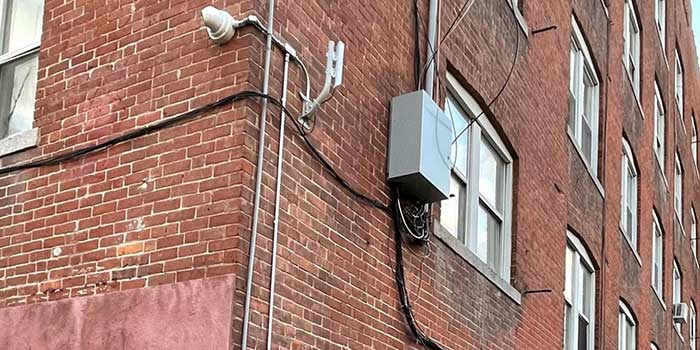
The increased resolution of 1080p cameras comes with a trade-off: these cameras require more storage space and bandwidth.
In other words, a day's worth of footage from a 1080p camera will take up significantly more space compared to 720p footage. If you're using a cloud storage service, this could also mean higher storage space expenses.
The same goes for bandwidth: a 1080p camera will consume more Internet bandwidth, which could slow down your network, particularly if you have multiple cameras installed.
When considering the performance of security cameras in low-light situations, it’s crucial to remember that resolution isn't the only factor at play.
Sensor size and type, lens quality, and the presence of technologies like infrared (IR) illumination or Wide Dynamic Range (WDR) can greatly influence a camera's low-light performance.
That said, given equal conditions, a higher-resolution camera, like a 1080p, would generally deliver better results due to its ability to capture more detail.
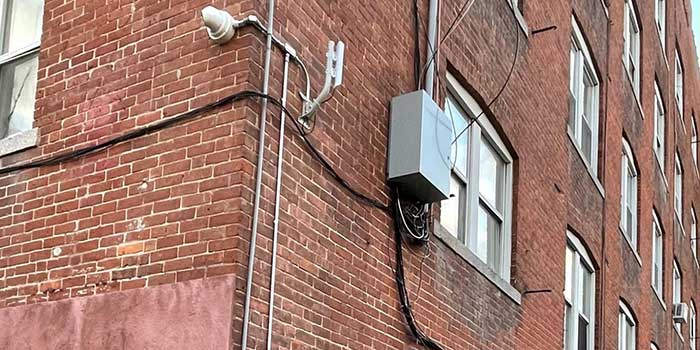
Your specific use case will largely determine whether a 720p or 1080p camera is more suitable for you.
If you need to monitor large areas or require detailed images for identification purposes, a 1080p camera might be the better choice.
On the other hand, if you're more concerned about general surveillance and don't need to capture fine details, a 720p camera should suffice.
If budget is a major concern, and storage and bandwidth are limited, a 720p camera would be more economical.
Cost is another factor that differentiates 720p and 1080p cameras.
720p cameras tend to be less expensive due to their lower resolution. In contrast, 1080p cameras are often priced higher due to their superior image quality and the technology involved.
However, prices for high-definition cameras have been dropping in recent years, making 1080p cameras more accessible to those on a budget than ever before.
In the end, the choice between 720p and 1080p resolution is just one part of the puzzle.
To get the most out of your security camera system, consider other key factors like camera placement, light conditions, field of view, and additional features your camera may have, such as motion detection and audio recording.
Remember, a security camera, irrespective of its resolution, forms part of a larger security strategy designed to keep your premises safe.
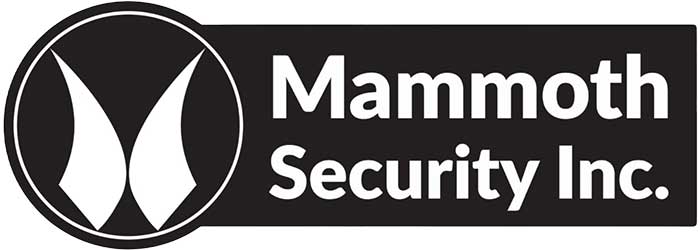
Mammoth Security is Connecticut’s one-stop shop for comprehensive security solutions. In addition to our expertise in designing world-class, high-resolution video surveillance systems, we know access control, structured cabling, and alarms for fire, water, and intrusion.
To schedule a free site survey with a friendly expert from our team, just fill out the simple box below!
NOT COMPLETELY SURE?
860-748-4292720p and 1080p refer to the resolution, or the number of pixels, in the vertical line of an image. A 720p camera has a resolution of 1280x720 pixels, while a 1080p camera has a resolution of 1920x1080 pixels.
A 1080p security camera, with its higher pixel count, will generally provide a sharper and more detailed image compared to a 720p camera.
Yes, 1080p security cameras produce larger video files and therefore require more storage space compared to 720p cameras.
For monitoring large areas or situations where high-resolution images are necessary, a 1080p camera is generally the better choice.
While other factors like sensor size and type can influence a camera's low-light performance, a 1080p camera, due to its higher resolution, would generally perform better in low-light conditions.
A 1080p security camera consumes more internet bandwidth than a 720p camera due to the larger file sizes generated by its higher resolution.
If you only need general surveillance and don't require high-resolution images, a 720p security camera should suffice for home use.
A 1080p security camera has better zoom capabilities due to its higher resolution, which maintains more detail as you zoom in.
Not necessarily. While 1080p cameras offer higher resolution and better image quality, they also require more storage and bandwidth. Therefore, depending on your specific needs and resources, a 720p camera might be more suitable.
The ability to record audio depends on the specific model and manufacturer of the camera, not its resolution. Both 720p and 1080p cameras can support audio recording if the feature is included by the manufacturer.
If high-resolution images for identifying faces or license plates are necessary, a 1080p camera would be more suitable. For basic surveillance, a 720p camera may be adequate.
Both 720p and 1080p cameras can be suitable for outdoor surveillance, provided they are designed to withstand outdoor conditions. However, a 1080p camera may provide more detail in the images.